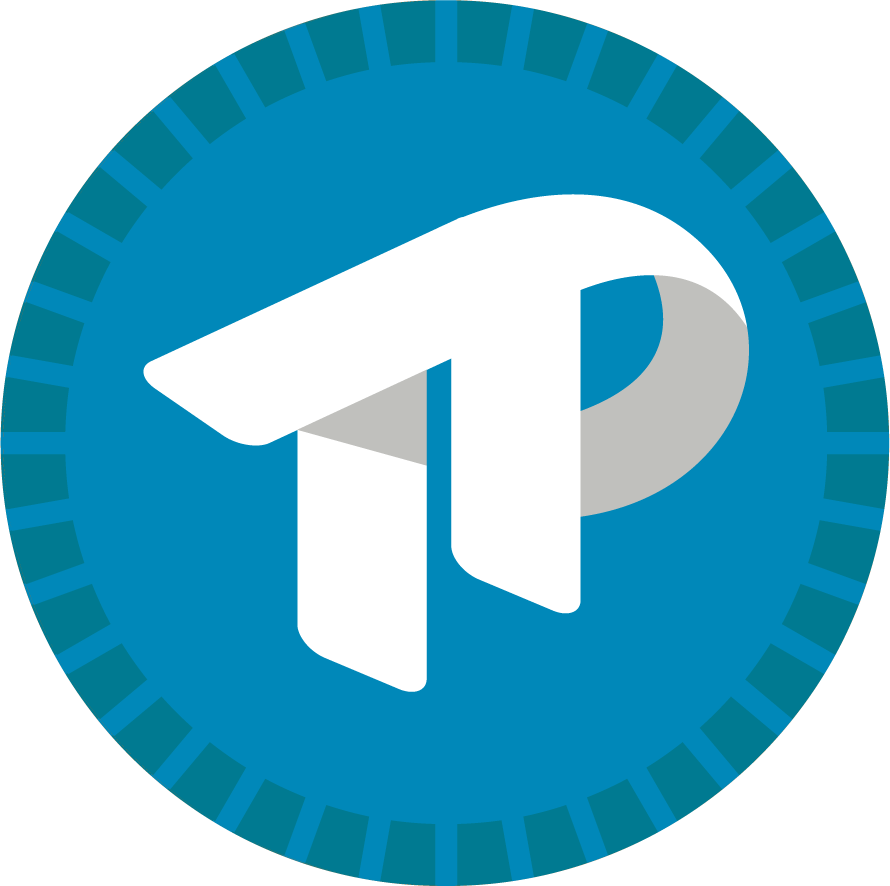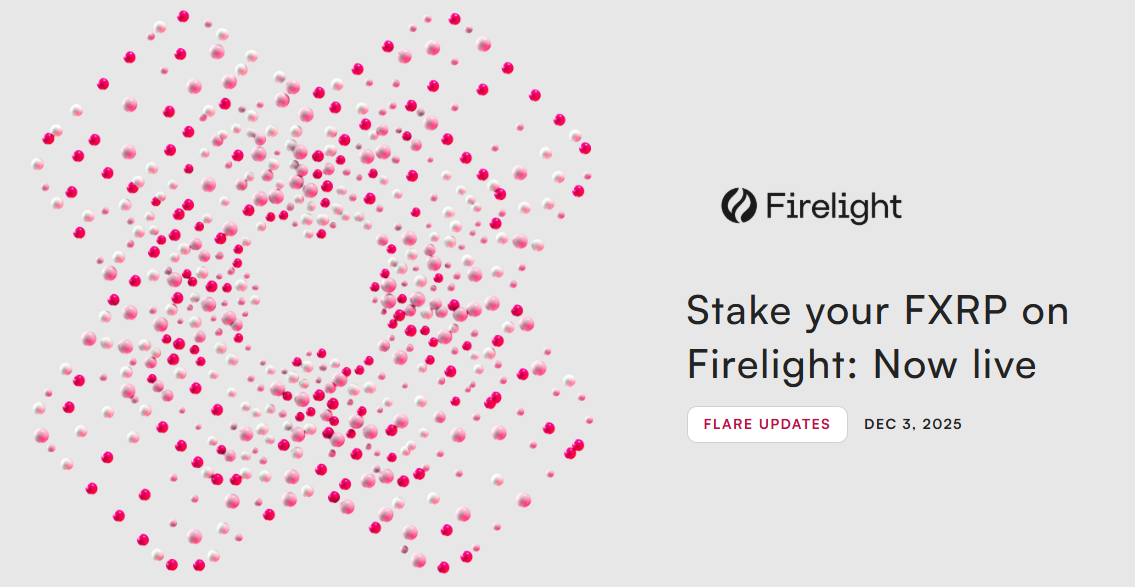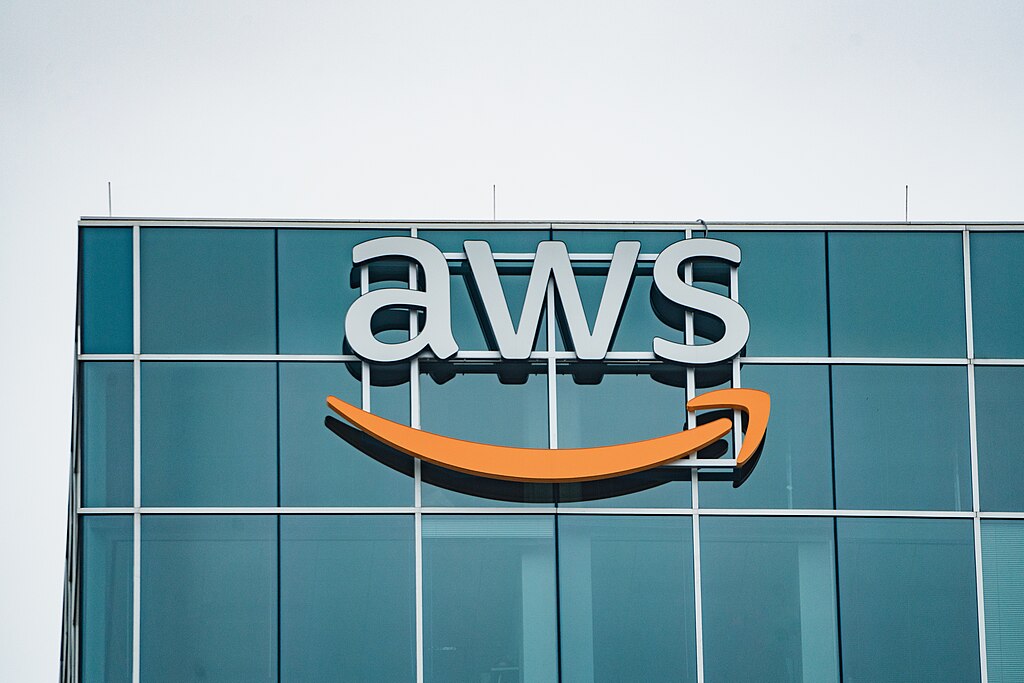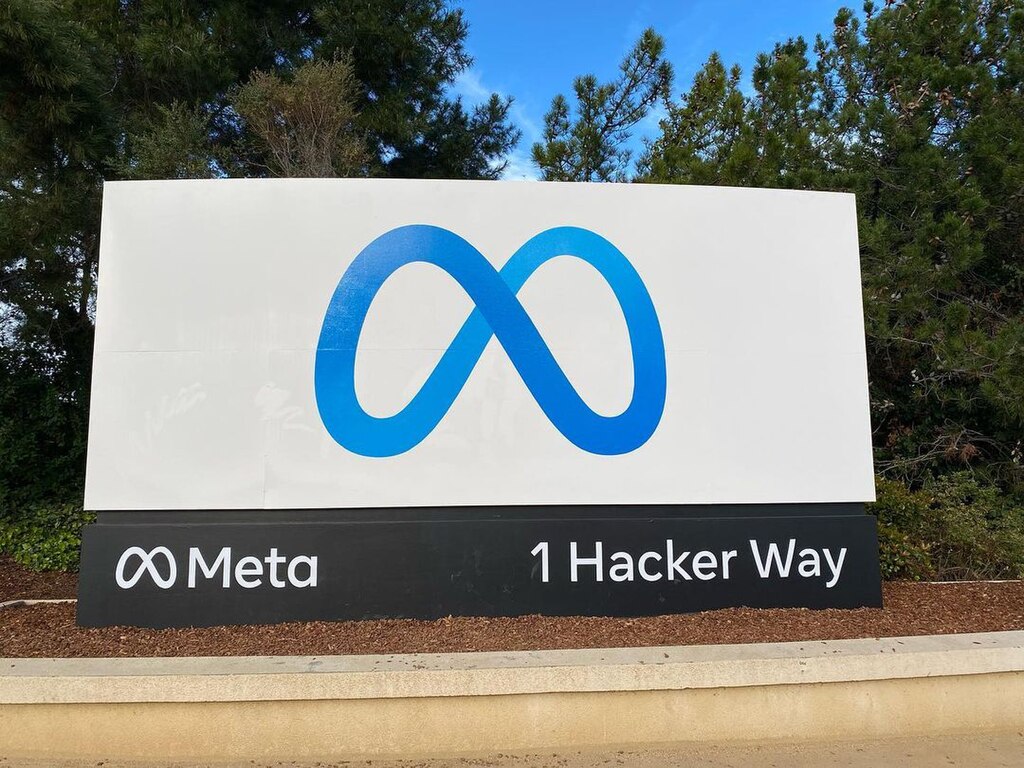Ethereum could soon double its speed under a new proposal from core developer Barnabé Monnot. The proposal, EIP-7782, suggests reducing slot times from 12 to 6 seconds, boosting transaction throughput and accelerating block confirmations. If adopted in the upcoming Glamsterdam upgrade expected in 2026, this change would enhance the user experience by making wallets and dApps faster and more responsive.
Meanwhile, ZKsync developer Matter Labs introduced “Airbender,” a zero-knowledge cryptographic prover that verifies Ethereum blocks in just 35 seconds using a single GPU. The upgrade dramatically cuts costs and processing time, making it ideal for micropayments, high-frequency trading, and decentralized social platforms. Matter Labs co-founder Alex Gluchowski highlighted the breakthrough's role in expanding zk-rollup accessibility without relying on large GPU farms.
In Europe, Norway plans to impose a temporary ban on new crypto mining data centers using energy-intensive proof-of-work systems. If approved, the ban will start in Autumn 2025. The government cites high electricity consumption and minimal local economic benefit as the reasons. Despite the ban, existing operations like Kryptovault may continue, benefiting from Norway’s hydropower resources.
Elsewhere, RippleX released XRP Ledger version 2.5.0 with seven major upgrades. New features include TokenEscrow for IOU tokens, Batch for atomic multi-transactions, and PermissionedDEX to meet regulatory compliance. The amendments are now open for validator voting and signal XRP Ledger’s shift toward more enterprise- and DeFi-friendly infrastructure.
In other updates, MicroStrategy (MSTR) is showing record-low volatility since adding Bitcoin to its balance sheet, while Coinbase’s (COIN) stock outlook improved with Bernstein raising its price target to $510. Regulatory developments continue in the U.S., and Texas has made headlines by becoming the first state to fund a public Bitcoin reserve with $10 million.



























Comment 0